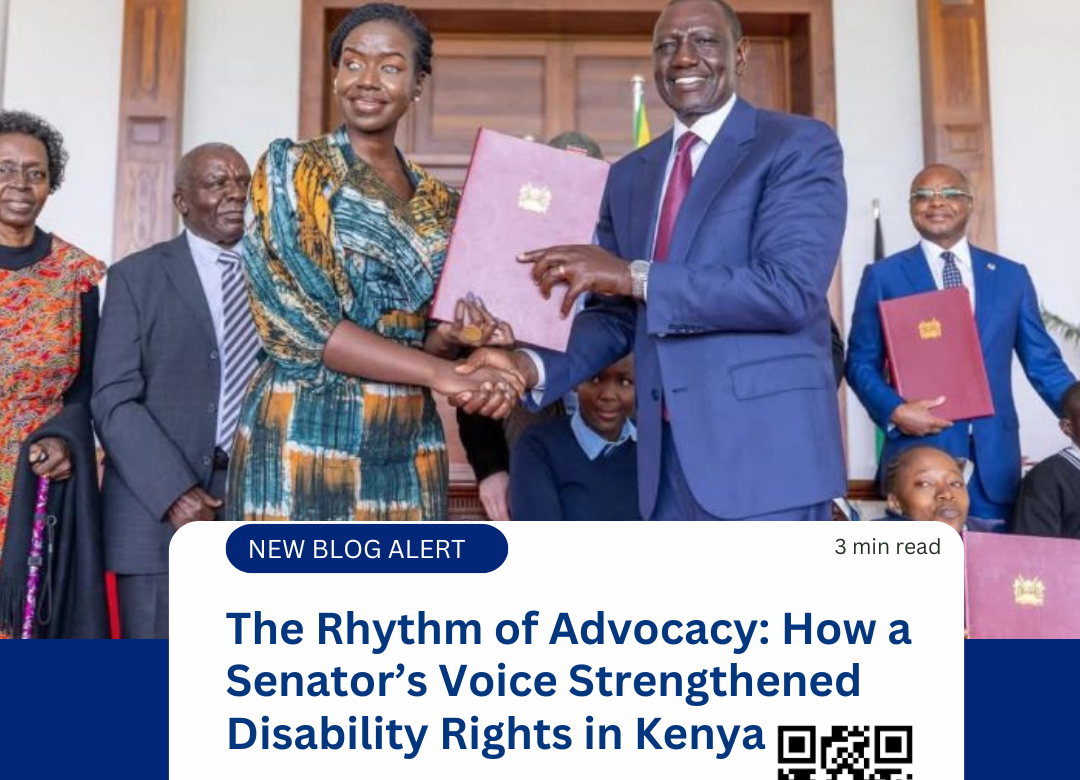Overview
Accountability is the cornerstone of good governance. Unless public officials can be held to account, critical benefits such as social justice, poverty reduction, and development, generally associated with good governance will be elusive. “Social accountability” refers to the wide range of citizen and civil society organization (CSO) actions to hold the state to account, as well as actions on the part of government, media, and other societal actors that promote or facilitate these efforts.
The accountability of state actors is a consequence of the implicit social compact between citizens and their delegated representatives and agents in a democracy. The social compact, in turn, derives from notions of human and citizen rights, as enshrined in the Universal Declaration of Human Rights and in Chapters 5 and 6 of Ghana’s 1992 Constitution. Citizens have both the right and the responsibility to demand accountability and to ensure that government acts in the best interests of the people.
There is limited understanding and deployment of the requisite knowledge, skills and the appropriate attitudes at the demand and supply sides of the social accountability spectrum. This project therefore was designed to bridge a critical gap in knowledge, skills and attitudes of the duty bearers and rights holders as well for effective participation in local governance in Ghana. The manual was also expected to lead to the improvement in the capacity of practitioners, civil society and government institutions to effectively apply the concept of social accountability to policy and programme design.
Interventions
To develop the manual, there were a number of steps and actions:
There was inception meeting with key stakeholders at the Local Government Service Secretariat (ILGS) to confirm the terms of reference and their expectations. There was desk study to review relevant literature including laws, manuals and guides. Interview guides were also developed. The project team had face to face interviews with key informants – officers at the LGSS, the Ministry for Local Government and Rural Development, the Auditor General’s Department and selected Metropolitan Municipal and District Assemblies (MMDAs) in the Southern, Middle Belt and Northern zones of the country. Following the stakeholder consultations, the manual and trainer’s guide was drafted and then there was a series of reviews. A pilot test was conducted using the manual and trainers guide before the finalization of the documents.
Outcomes
The manual and trainer’s guide has become an important reference and training tool that is being used by local government authorities to promote accountability at the local level of governance within the country.
Partners
- Local Government Service Secretariat, Ghana
- Metropolitan, Municipal and District Assemblies in Ghana
- World Bank Group

